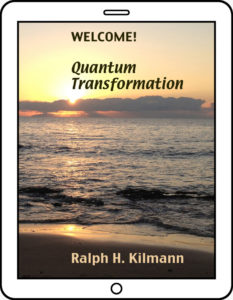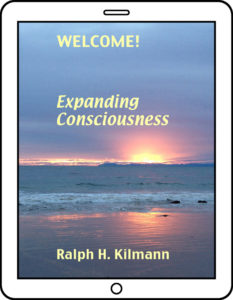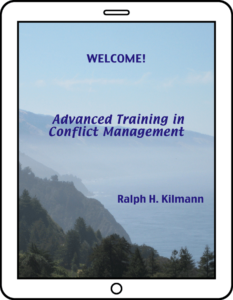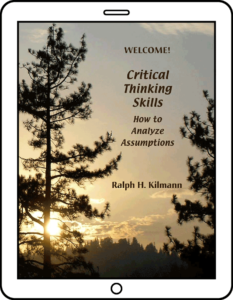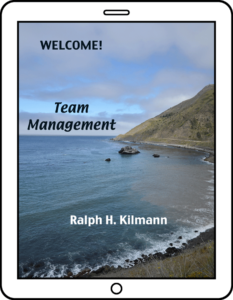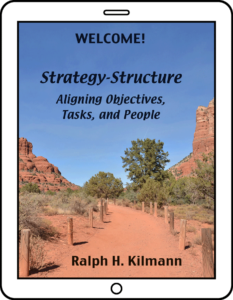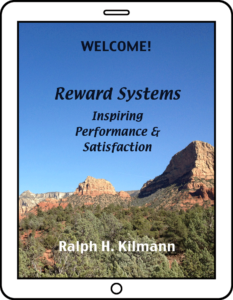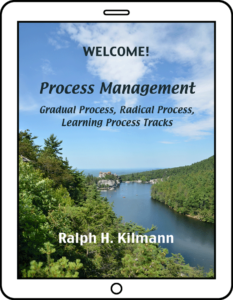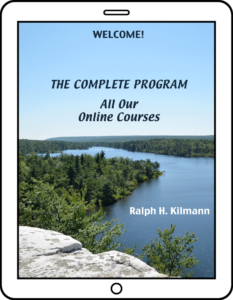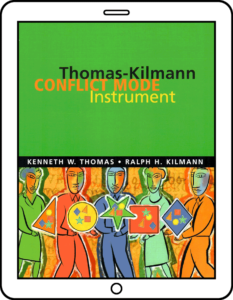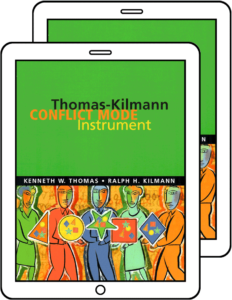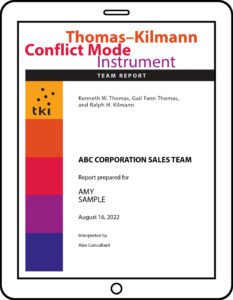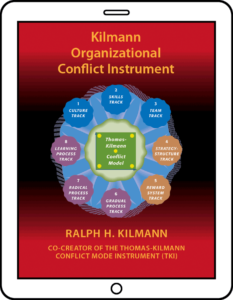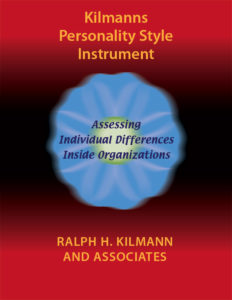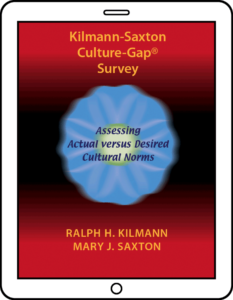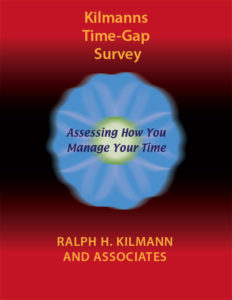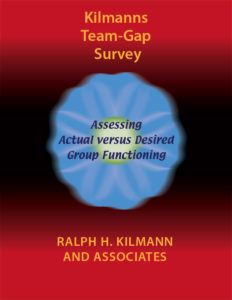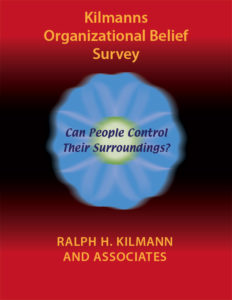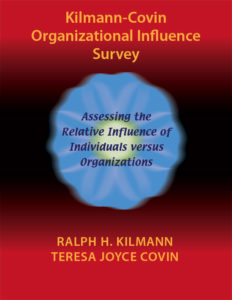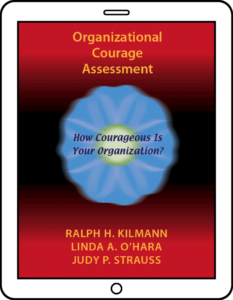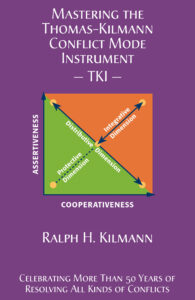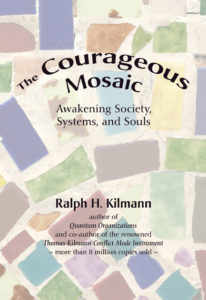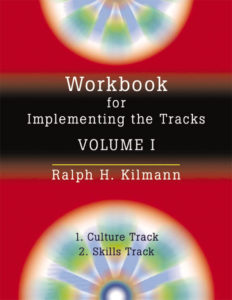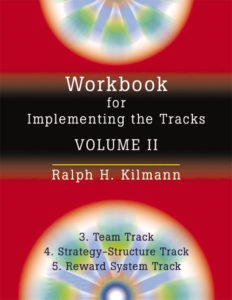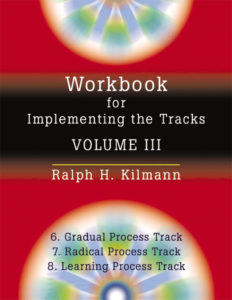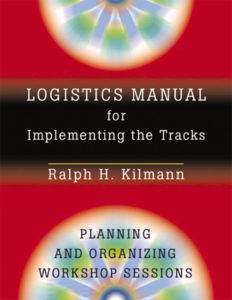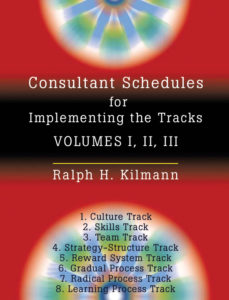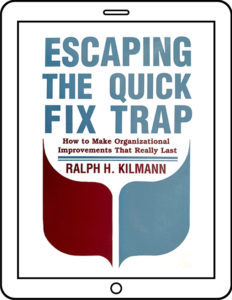DR. KILMANN’S RECOMMENDATIONS
To help you choose which particular courses, assessments, and books will be most relevant to your specialized needs and/or the needs of your clients, Dr. Ralph Kilmann has prepared his recommendations especially to suit your primary or preferred occupational identity—which he summarizes in the following way:
After executives and OD/OE practitioners have spent excessive time and untold resources implementing one quick fix change initiative after another, they usually realize that only a completely integrated program of holistic change can possibly lead to organizational success. After conducting a thorough diagnosis of all channels and barriers to success, executives and consultants can then implement eight tracks for quantum transformation.
10.
The Complete Program
If you would like to develop an in-depth understanding of how to dramatically improve all the systems and processes that guide organizational members, we have an integrated sequence of online courses that not only examines each of these systems (culture, skills, teams, strategy-structure, reward systems, etc.), but also includes our 3 TKI-based courses on conflict resolution. But it will be most cost effective for you to purchase and then take The Complete Program, which includes all our 11 online courses and 9 assessment tools at a significant discount. You will receive your “Certification in Conflict Management and Change Management” when you pass all 11 Final Exams.



